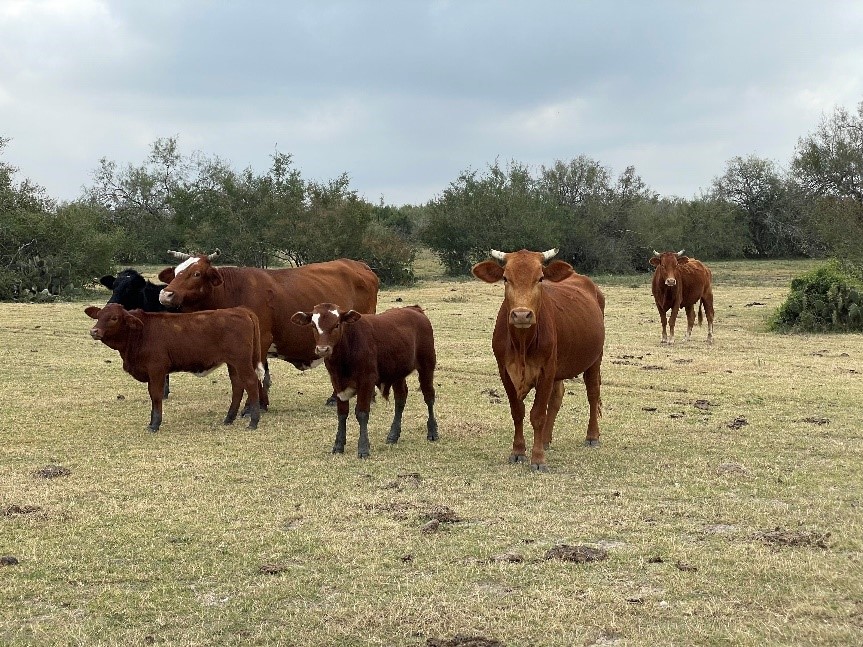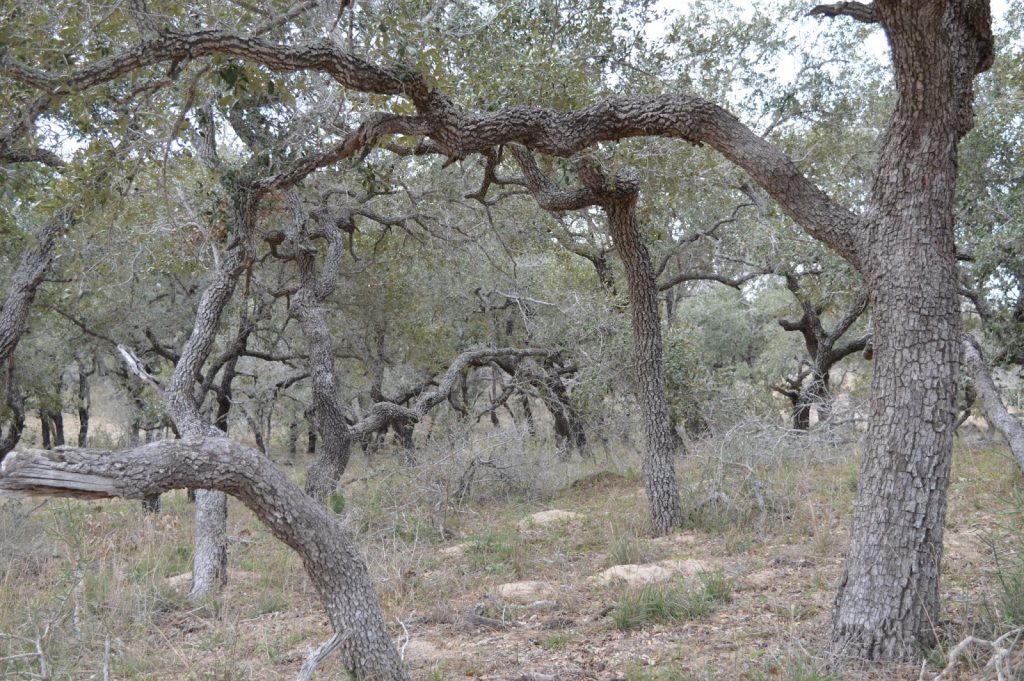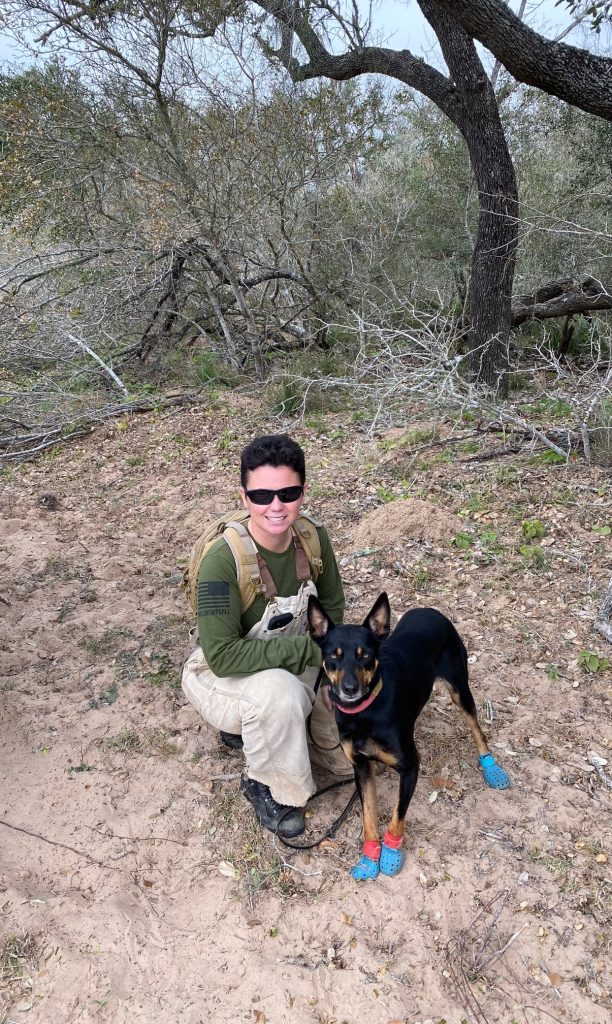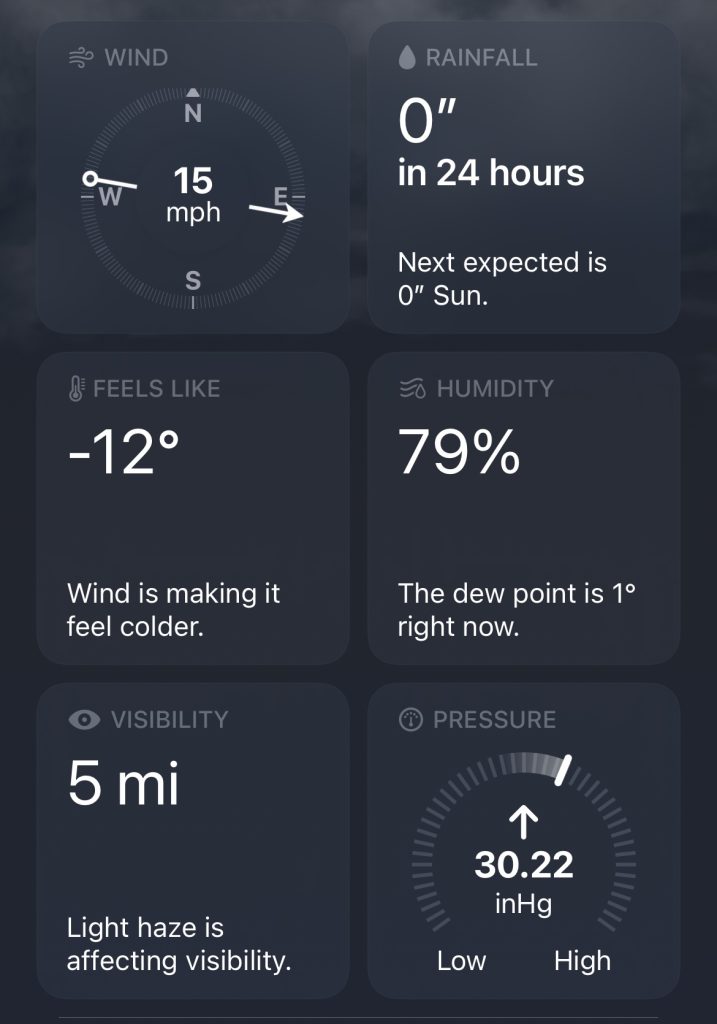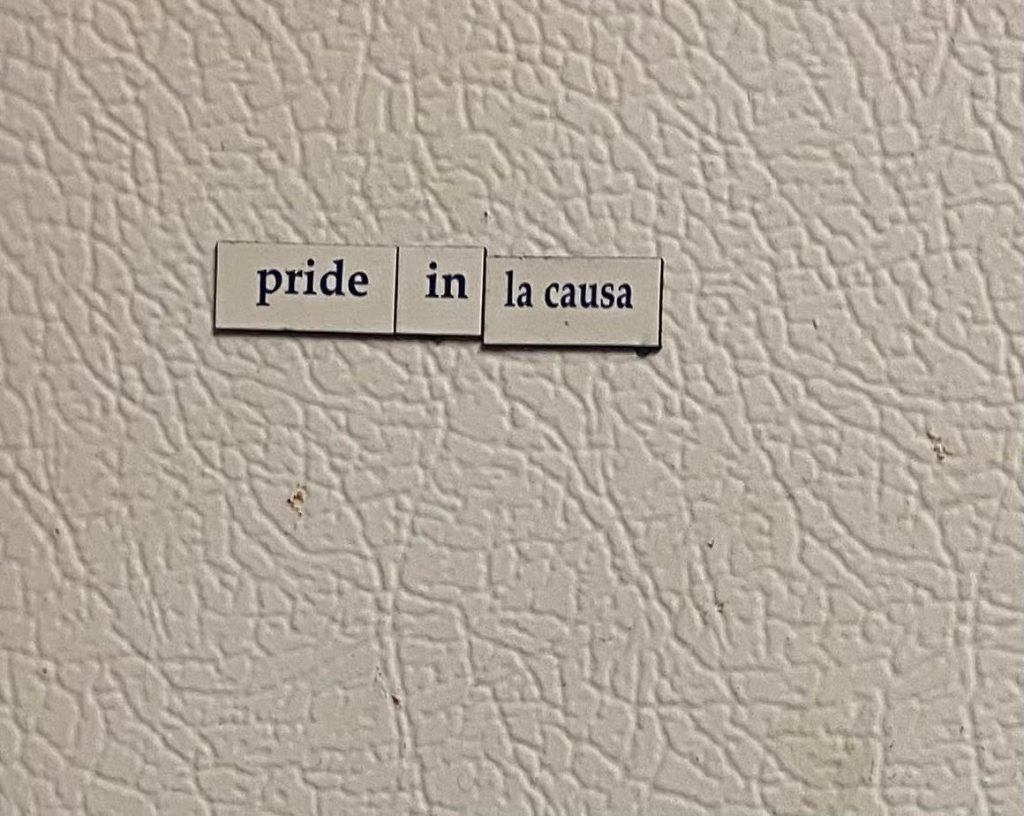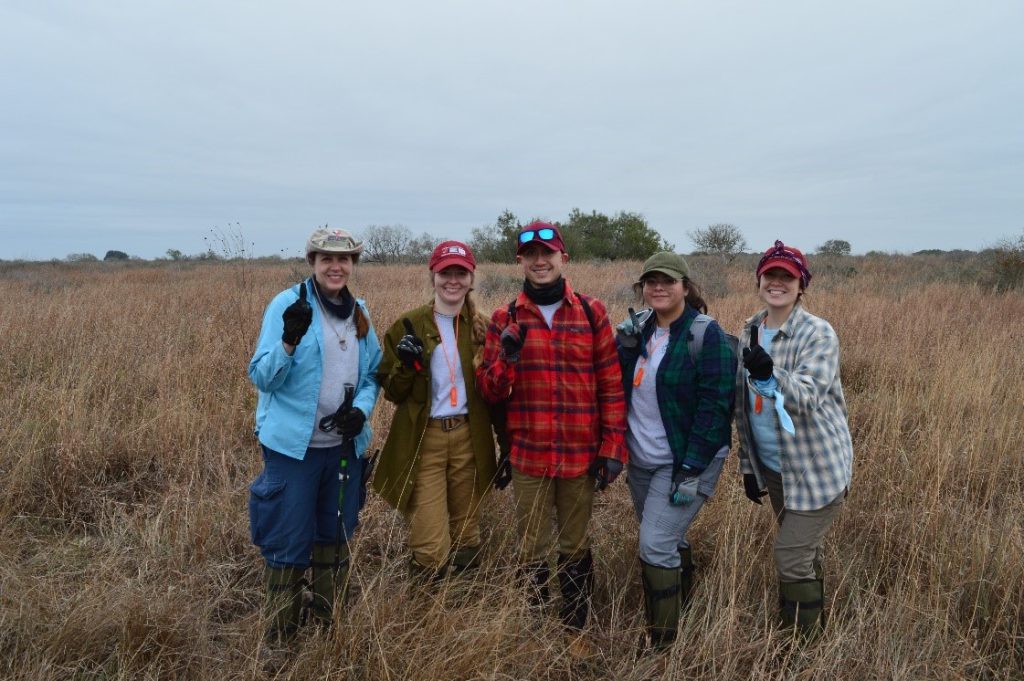Everyone was on the struggle bus for the beginning of day three in Falfurrias. We were all sore and tired and not ready to get out of bed. But, we did. And promptly stepped into the soupy, muggy, 98% humidity that was outside our door. By the time we left the hotel, the temperature was already higher than it had been the previous two days. After a quick breakfast of Whataburger taquitos and a compass check, we were on our way to the South Texas Human Rights Center to meet up with Eddie (South Texas Human Rights Center) and Don and Ray (Remote Wildlands Search and Recovery Team).
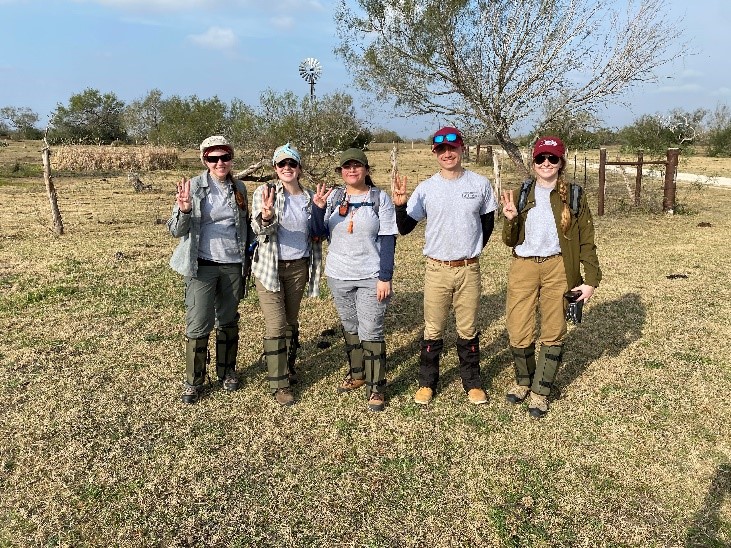
While we waited at the South Texas Human Rights Center for everyone to arrive, Tanya managed to get one line from the song Everyday by Buddy Holly stuck in everyone’s heads. I’m pretty sure I heard everyone singing or humming it at some point throughout the day. Once everyone arrived, we set out to begin our day of searching. We started out in the area where Oakley had been alerting yesterday to see if we could find anything.
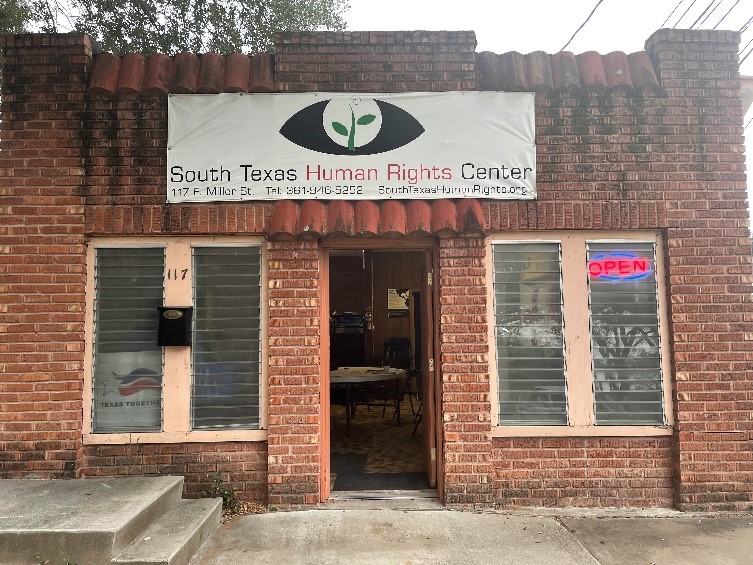
Unfortunately, the hot and humid weather meant an increase in bugs and other animal activity. Anyone who knows me knows I absolutely hate bugs, especially spiders (you can’t trust anything with that many legs). But, Dr. Latham introduced us to a super fancy trick: the spider stick. We all looked like we were in Harry Potter waving our wands (sticks) around in front of us to break through the webs. I’m pretty sure Alex saw a snake at one point too, but he wouldn’t point it out to me because I also hate snakes (you can’t trust anything with no legs, either). Mid-search, we had a pack of javelinas that went running through our search party. Luckily, they were only sows and piglets, so they ran away from us in the other direction.

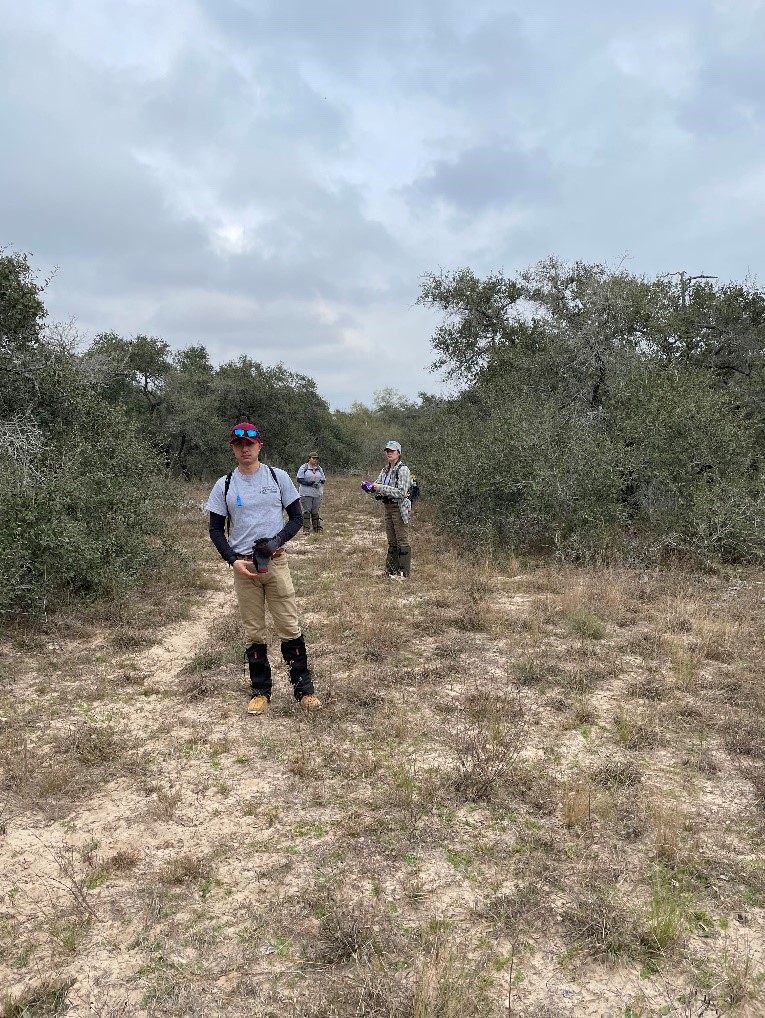
After a thorough search of the area, we only found older evidence of migrant travel in the area. We didn’t have Melissa and Oakley with us today, so we don’t know if Oakley would have picked up on any scents, but we felt pretty confident there was nothing beyond the old rusty cans, bottle caps, water bottles and empty fruit cups that we found.
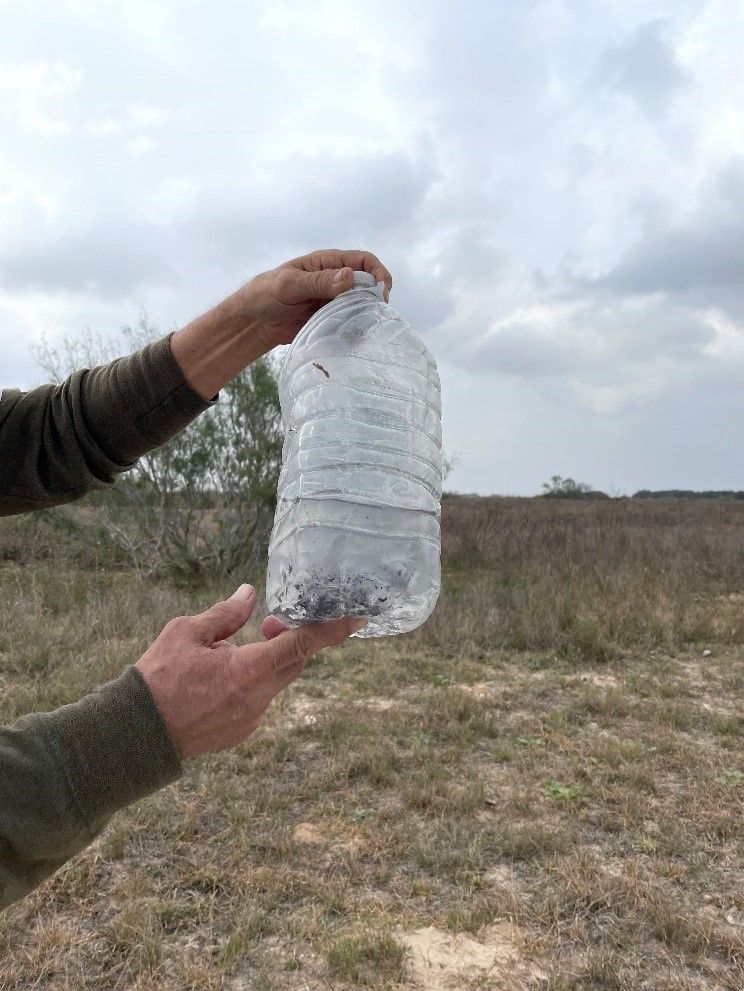
As we moved onto our next location, Don pulled over to pick up some empty water jugs along the road. He said they were from several different time frames, indicating migrants may be or had been moving along that path relatively regularly.
Once we arrived at the next search location, Don took a minute to show us everything he carries with him in his Jeep. He could very well be a modern day MacGyver with everything that’s in there! We also took a minute to wave and moo to the cows that were nearby – something we did every time we saw a single cow anywhere. Sadly, they didn’t wave back. Don also brought out a drone with an infrared camera to see if any heat signals could be found. At one point, Izzy thought she was tracking migrant footprints in the dirt, only to realize she was tracking Eddie! We again found older evidence of migrant activity, but nothing recent enough to indicate this is an area of interest.
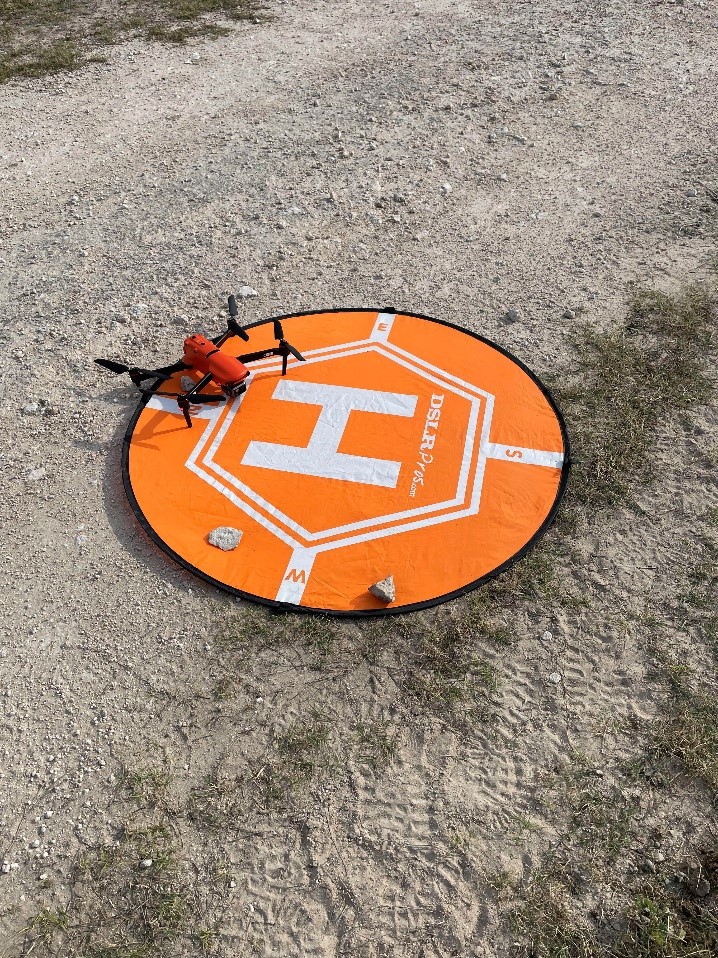
I view not finding anything as both a positive and and a negative. The scientist and forensic anthropologist in me is excited to find things, but, at the same time, I feel guilty because finding something means a migrant is or was suffering. I also worry that us not finding anything means we searched in the wrong areas while migrants were in distress in other areas. Logically, I know it is impossible to know and check every route, especially when they change frequently, but the thought of someone possibly dying in another area because we chose the wrong spot to search or they took a new route is upsetting. A life is a life. It shouldn’t matter where someone comes from. Everyone needs help sometimes.
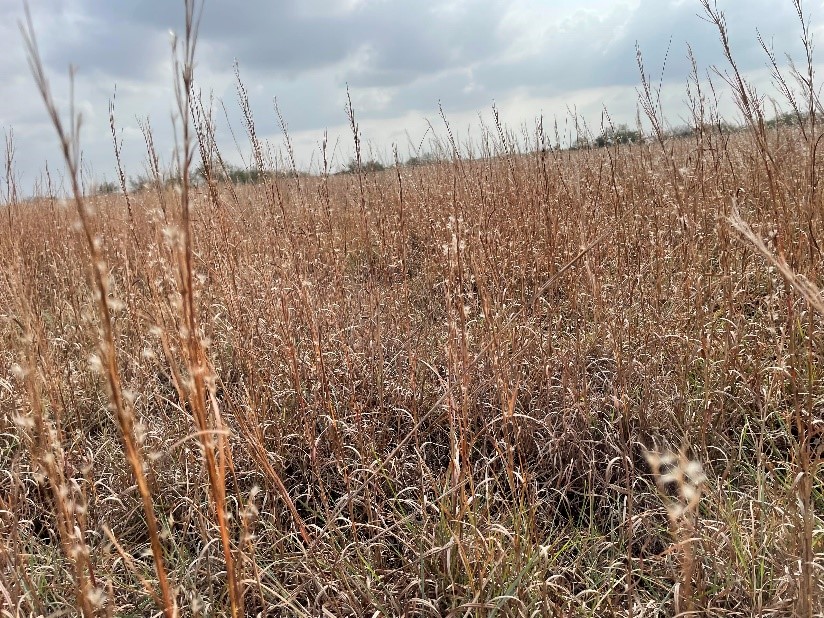
As we were all hot, sweaty, and tired after the hours of searching, we decided to call it day. We loaded up in Gloria, the best minivan ever, and headed on back to the hotel. As we were leaving, we even saw a roadrunner (beep beep). Now it’s time to eat the best cake ever (mocha tres leches) and get some sleep. A great way to end our day!
